From Betrayal to Retribution: Uncovering the Story of 'The Man Who Avenged Bhagat Singh' by Abhijeet Bhalerao: Book Review
Uncover the compelling tale of courage and justice in colonial India with "The Man Who Avenged Bhagat Singh" by Abhijeet Bhalerao. A riveting book review on Frontlist.on Jul 04, 2024
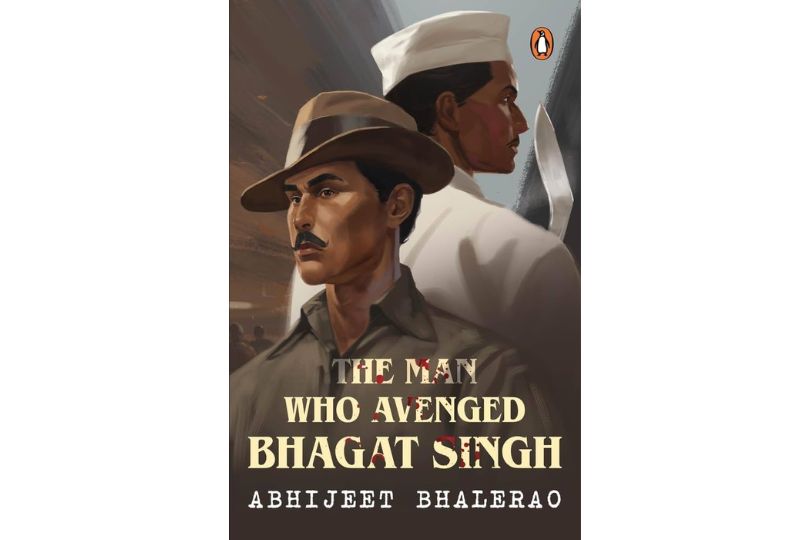
There are ample amounts of books, be it fictional or non-fictional, related to Bharat’s Independence and the faces behind achieving that freedom. One such book is "The Man Who Avenged Bhagat Singh '' by Abhijeet Bhalerao, a gripping dive into the turbulent world of Indian revolutionaries during the British Raj. The novel chronicles the journey of Baikunth Sukul, a fervent admirer of Bhagat Singh, as he commences a mission to avenge the martyrdom of his idol and others who sacrificed their lives for India's independence. Bhalerao’s narrative, infused with historical richness and emotional intensity, brings to life the lesser-known but equally inspiring stories of India’s freedom struggle.
At the heart of this historical fiction is Baikunth Sukul, a figure often overshadowed by more prominent freedom fighters in the annals of Indian history. Bhalerao skillfully revives Sukul's story, portraying him as a complex character driven by an unyielding sense of justice and a deep-seated rage against the British authorities who orchestrated the demise of his heroes. Through vivid storytelling, Sukul emerges not just as an avenger but as a symbol of undying patriotism and courage.
The novel delves deep into themes of sacrifice, revenge, and patriotism. Sukul’s quest to execute Phanindra Nath Ghosh, the traitor whose testimony led to the execution of Bhagat Singh, Sukhdev, and Rajguru, forms the crux of the plot. Bhalerao’s portrayal of this mission is layered with tension and moral ambiguity, prompting readers to reflect on the fine line between justice and vengeance. The book also highlights the psychological toll of the revolutionary path, where young men like Sukul and his comrades navigate the treacherous waters of betrayal and sacrifice.
Bhalerao’s attention to historical detail is commendable. The novel is richly woven with references to real events and figures, from the assassination of J.P. Saunders by Bhagat Singh and Rajguru to the smoke bomb incident in the Central Legislative Assembly. These historical touchstones anchor the fictional narrative in reality, giving readers a palpable sense of the era's political and social upheaval. The meticulous research shines through in the way Bhalerao recreates the ambiance of colonial India and the revolutionary fervor that gripped it.
One of the standout features of Bhalerao’s writing is its accessibility. His prose is straightforward yet evocative, reminiscent of the style found in the best spy novels. This makes the complex web of historical and political events easy to follow, even for those who might not be well-versed in Indian history. The dialogue, too, is sharp and engaging, often echoing the tone of a thriller, which keeps the narrative brisk and engaging.
The characters in the novel are brought to life with depth and nuance. Bhalerao captures the camaraderie, idealism, and internal conflicts of the revolutionaries with empathy and insight. The portrayal of Chandrashekhar Azad, in particular, stands out. His mentorship of Bhagat Singh and his counsel to his fellow revolutionaries provide a moral compass for the narrative. The interactions between Azad and the other characters, filled with a mixture of pragmatic advice and revolutionary zeal, offer profound reflections on loyalty, trust, and the burdens of leadership.
While the novel is a tribute to the bravery and determination of India's freedom fighters, it also serves as a poignant commentary on the human cost of colonialism. Bhalerao’s depiction of the British Raj’s oppressive tactics and the personal sacrifices made by young revolutionaries provides a stark reminder of the struggles that paved the way for India's independence. The emotional depth of Sukul's story, in particular, resonates as a testament to the resilience and spirit of those who fought against colonial tyranny.
In "The Man Who Avenged Bhagat Singh," Abhijeet Bhalerao has crafted a compelling and thought-provoking narrative that not only revives the story of a forgotten hero but also offers a nuanced exploration of the revolutionary spirit. The book's vivid imagery, detailed historical context, and multifaceted characters make it a valuable addition to the historical fiction genre. Whether you are a history enthusiast or simply enjoy a well-told story of courage and determination, this novel is a must-read. It stands as a powerful reminder of the sacrifices made by young revolutionaries in the fight for freedom and the enduring impact of their legacy.
Bhalerao’s book is more than just a tale of vengeance; it is a profound exploration of the human spirit in the face of oppression, and a celebration of the indomitable will to fight for justice.



.jpg)






.jpg)

.jpg)

.jpg)
.jpg)

.jpg)


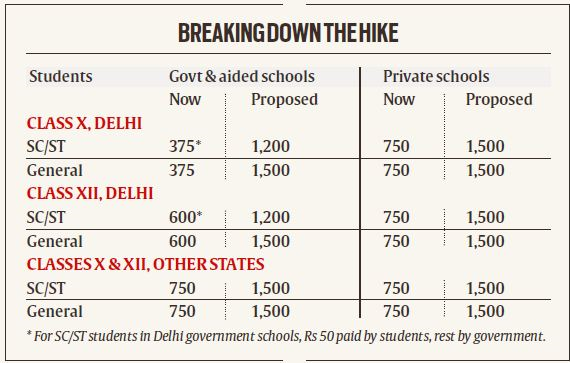

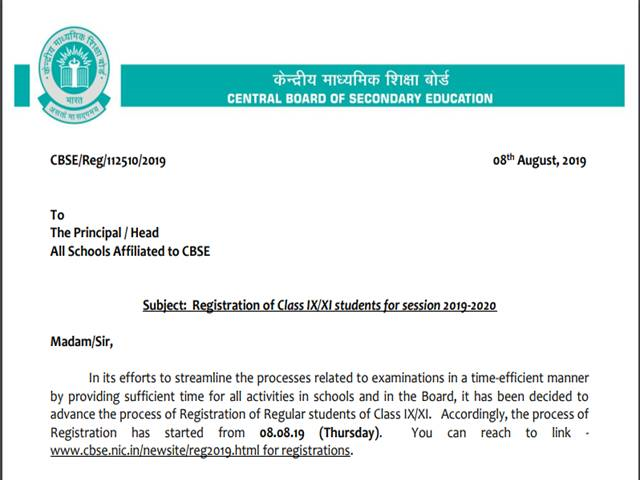


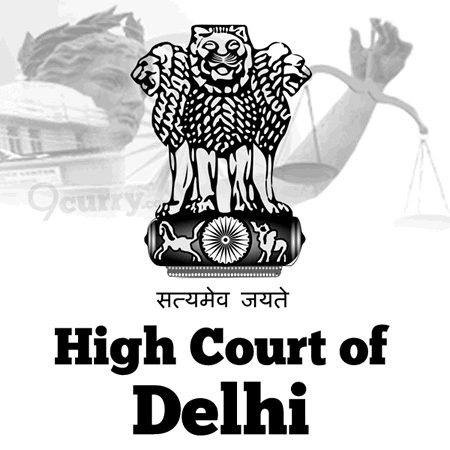
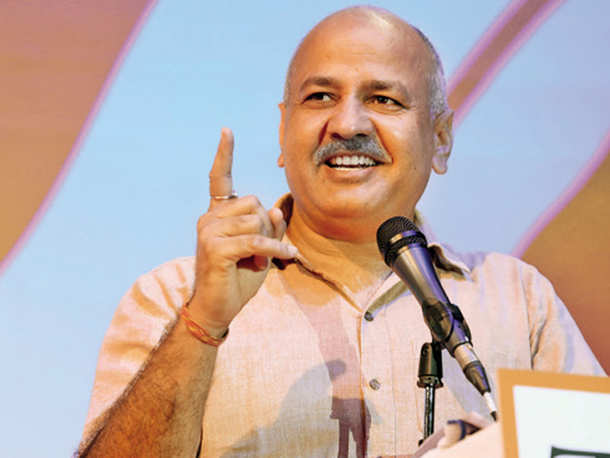

Sorry! No comment found for this post.